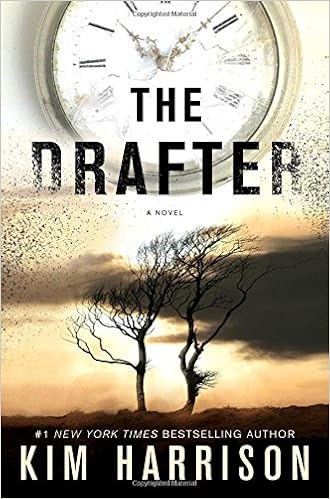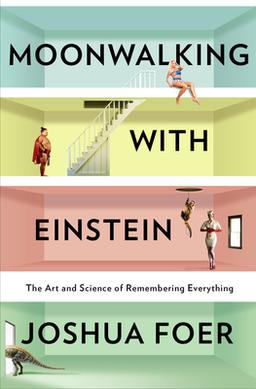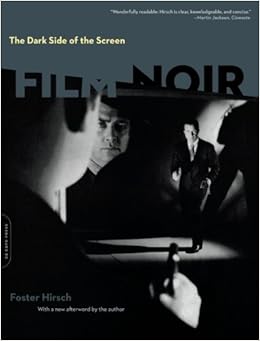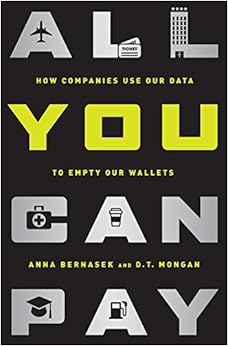B is for Burglar by Sue Grafton
Posted by Anonymous

Reviewed by: Becky Brendel
What I Read: B is for Burglar by Sue Grafton
Find It @YCLD: Here!
What It's About: Private investigator Kinsey Millhone is hired to track down a woman's missing sister - and then subsequently fired when she begins making progress. The deeper she digs, however, the more Kinsey begins to suspect the missing woman didn't vanish of her own accord...especially when she learns a botched burglary led to a fire in the same neighborhood.
What I Thought: I've been a fan of mystery novels for years, but this was my first time "meeting" Kinsey. She won me over by the end of the second chapter. Although Grafton's super-simple writing style takes some getting used to - when just listing facts, she has a bad habit of starting all her sentences with the subject - it fits her sleuth's matter-of-fact personality and sparse lifestyle, so it doesn't clash with the content of the book. More importantly, she straddles the cozy and hardboiled mystery genres with ease. Kinsey is introspective and faces down the ugly, atmospheric side of life just as well as any square-jawed sleuth from the pulps - but she's also compassionate, second-guesses herself when she irrationally dislikes people, and has a small community of quirky friends and associates that any cozy amateur gumshoe would be proud to call their own. She even makes sure she finds out what happened to the missing woman's cat!
The mystery itself in B is for Burglar may be easier for people who are used to the mystery genre to unravel (spend enough time with the same tropes and you begin to get good at guessing what's going to happen), but although I did figure out "whodunnit" in broad strokes, a bunch of key details eluded me. Rumor has it that Grafton manages to never write a novel with the same plot twice, so I'm looking forward to working through the rest of the alphabet.
Readalikes: The Lew Archer mysteries by Ross Macdonald, for another detective who looks at the seedy side of life with sympathy; the Stephanie Plum mysteries by Janet Evanovich, for a more humorous take on the same genre. (Stephanie, like Kinsey, has an equally quirky set of acquaintances.)
Or look this book up on NoveList!




0 comments: